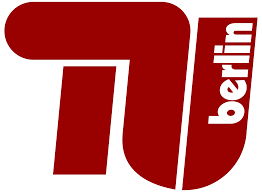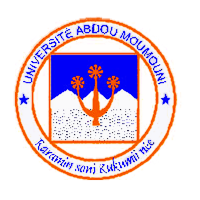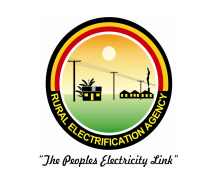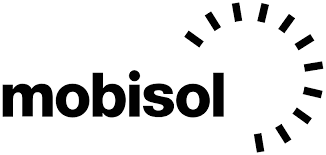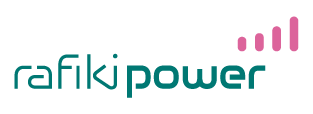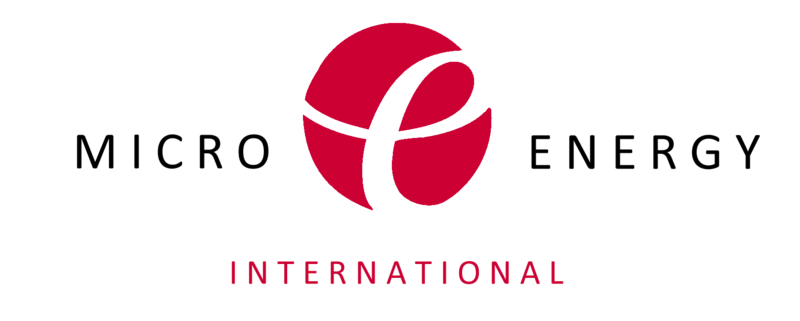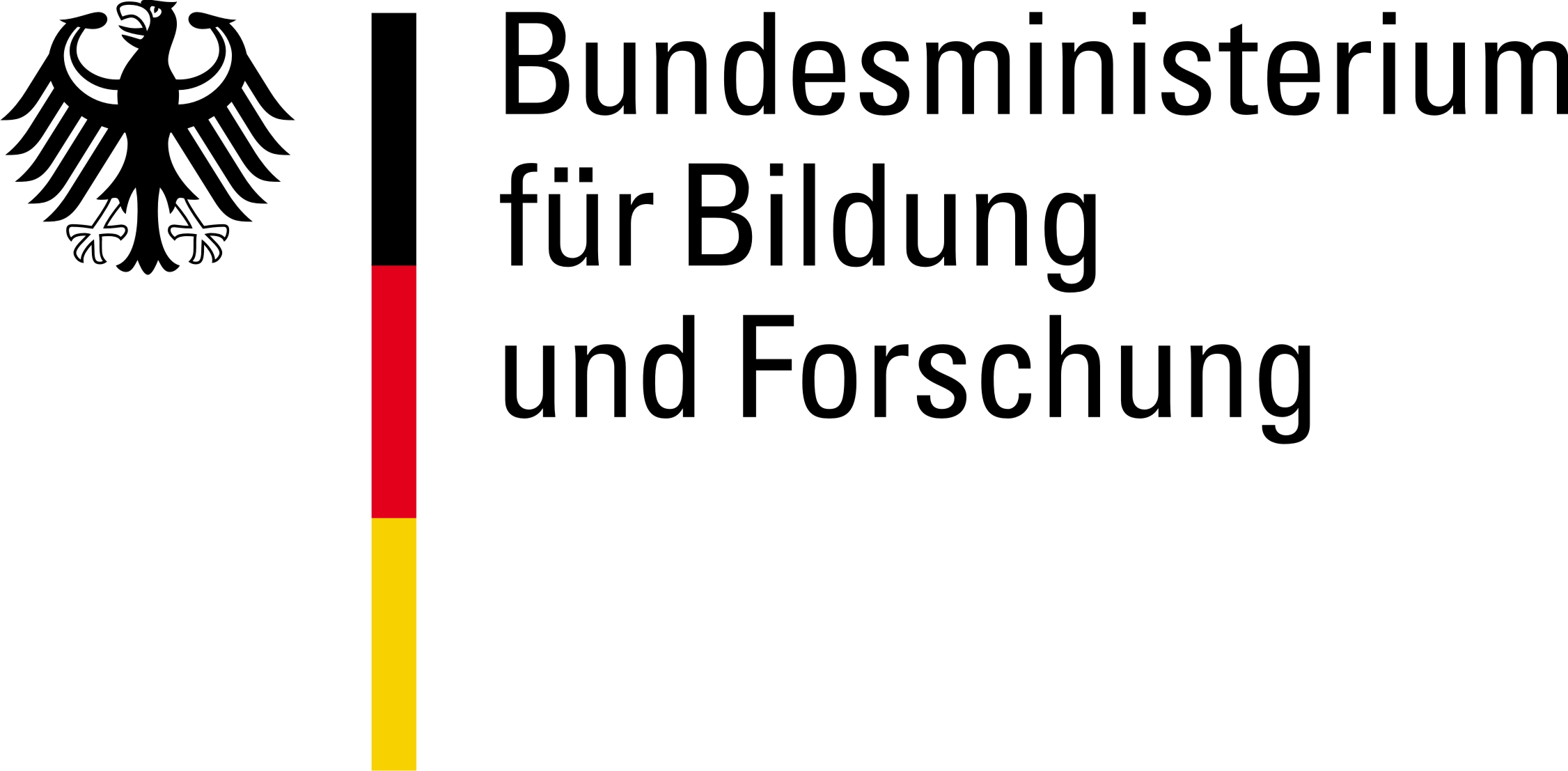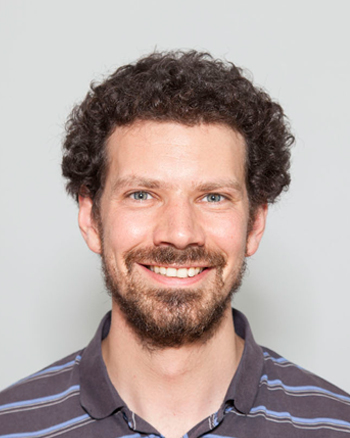Technical and Economic Comparison of Grid Supportive Vanadium Redox Flow Batteries for Primary Control Reserve and Community Electricity Storage (Resch et al. 2018)
20. November 2018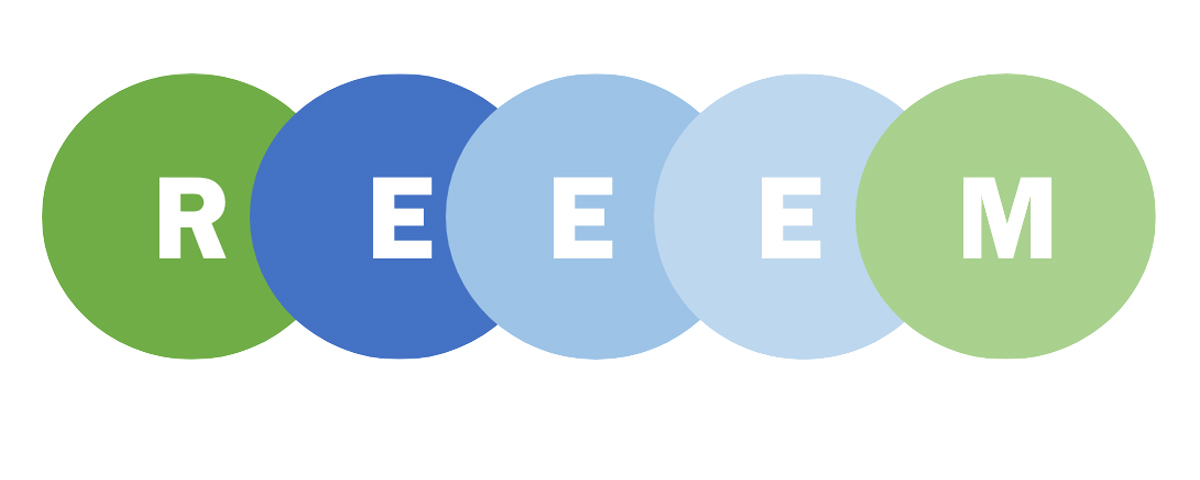
REEEM General Assembly
26. November 2018PeopleSuN – definition project
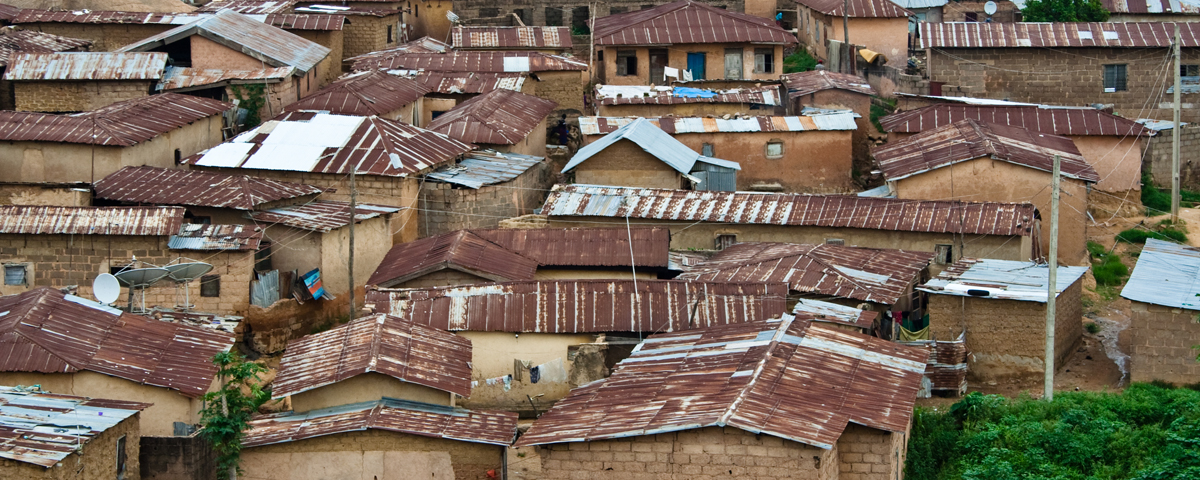
People Power: Financing and operation of shared decentralized energy supply systems in Nigeria
The goal of the PeopleSuN project is to develop a comprehensive R & D project for rural electrification in Nigeria.
With 189 million inhabitants, Nigeria has become Africa's largest economy. Nigeria's energy sector, however, cannot keep pace with this development. According to the International Energy Agency (IEA), only about 34 percent of the rural population had access to electricity in 2016. A comprehensive R & D project is necessary to address this issue.
A Nigerian partner network will be consolidated and expanded within the preparatory project PeopleSuN in order to involve as many relevant stakeholders as possible. This will be followed by an exploratory mission to various regions of Nigeria and expert interviews to provide an initial overview of the village-level situations and local requirements for inclusive electrification planning. Also included are existing data and financing measures. The results of these explorations will then serve as the basis for the R & D project.
The RLI coordinates all activities and carries out the fact-finding mission, which will include randomized household surveys and focus group discussions. During workshops, the involved German and Nigerian partners will discuss what specific local challenges should be considered in the R & D project, define the methods, and reflect on the mitigation of identified risks.
Project period: October 2018 – March 2019
With 189 million inhabitants, Nigeria has become Africa's largest economy. Nigeria's energy sector, however, cannot keep pace with this development. According to the International Energy Agency (IEA), only about 34 percent of the rural population had access to electricity in 2016. A comprehensive R & D project is necessary to address this issue.
A Nigerian partner network will be consolidated and expanded within the preparatory project PeopleSuN in order to involve as many relevant stakeholders as possible. This will be followed by an exploratory mission to various regions of Nigeria and expert interviews to provide an initial overview of the village-level situations and local requirements for inclusive electrification planning. Also included are existing data and financing measures. The results of these explorations will then serve as the basis for the R & D project.
The RLI coordinates all activities and carries out the fact-finding mission, which will include randomized household surveys and focus group discussions. During workshops, the involved German and Nigerian partners will discuss what specific local challenges should be considered in the R & D project, define the methods, and reflect on the mitigation of identified risks.
Project period: October 2018 – March 2019
© Photo: Andrew Moore, Scenes from Jos, Nigeria, CC BY 2.0
RLI assumes the following tasks in this research project:
- Project management
- Organization and implementation of a ten-day fact-finding mission to Nigeria
- Household survey
- Focus group discussions
- Organization and management of workshops with Nigerian partner organizations
- Proposal of a project outline for a concrete research and development project for rural electrification in Nigeria
- Household survey
- Focus group discussions
- Organization and management of workshops with Nigerian partner organizations
- Proposal of a project outline for a concrete research and development project for rural electrification in Nigeria
- A workshop in Abuja in January 2019 on networking with various stakeholders from science, politics, business and society and identifying research needs for a sustainable energy supply at village level in Nigeria was successfully conducted.
- An exploratory mission to the Nigerian states of Kano and Kaduna was successfully implemented, during which local needs were identified through surveys and focus group discussions with small electrified communities.
- In March 2019 a project workshop with the German and Nigerian project partners was successfully held in Berlin, during which the project partners framed the overarching and specific objectives as well as the division of work packages for a comprehensive research and development project proposal.
- The results of the various activities lead to an R&D proposal, which will be submitted by the consortium within the scope of the Client II funding announcement by May 31st.






